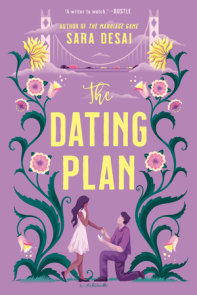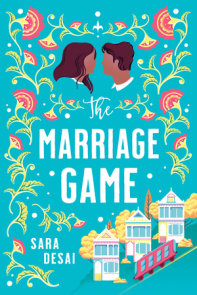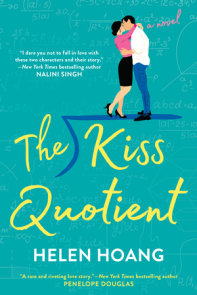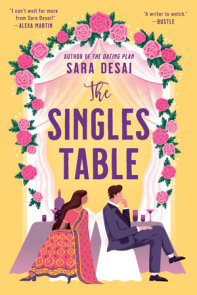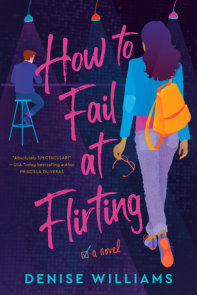READERS GUIDE
Reader’s GuideThe Heart Principle by Helen Hoang
Discussion Questions:
1. Anna is a pro at “masking,” the process whereby autistic people intentionally observe and mimic their peers in order to fit in, but perhaps autistic people aren’t the only ones who do this. How much masking do you do on a regular basis? What kinds of things do you do that could be considered masking? Do you think masking is an important social behavior and what does this mean in the context of the book, where Anna is trying to do less of it and be a more genuine version of herself?
2. Anna believes her success was an accident, that she didn’t earn it based on her talent and skill, and this is a source of pain for her as she struggles to “earn it for real” with her future performances. In your opinion, does she have imposter syndrome? Why? Have you experienced something similar?
3. Is it possible to achieve perfection with something as subjective as art? Which works—literature, music, paintings, etc.—are perfect in your opinion? As a reader, do you want writers to tailor their writing to your personal preferences or do you want to see what they’re inspired to create on their own?
4. In the book, Anna thinks she can find the courage to speak up for herself if she’s with someone she’ll never see again. What are your opinions on achieving empowerment through the one-night stand?
5. Anna feels that her position in her family’s hierarchy (youngest) resulted in her having less rights at home, especially the rights to speak up for herself and say no. Is this your experience within your own family? Does birth order influence the rights and responsibilities of siblings relative to each other? If so, how?
6. According to AARP, there are nearly 53 million Americans providing unpaid caregiving labor for family members. The majority of them are women, and they’re at a higher risk of experiencing the fallout from caregiver stress. They’re also more likely to live in poverty than non-caregivers because they have to leave the workforce to tend to those in need. What can society do to better protect these caregivers?
7. Is it possible to forgive someone when they won’t apologize? How?
8. How do you define success? Do you have to “win” to be successful?
9. There are men who link their masculinity to their testicles and ability to father children. Do you agree with them? In your opinion, what makes a man a man?
10. The book ends with Anna playing before an audience once again. Do you wish you knew how people reacted to her performance? Why does the book end before she finishes playing?










